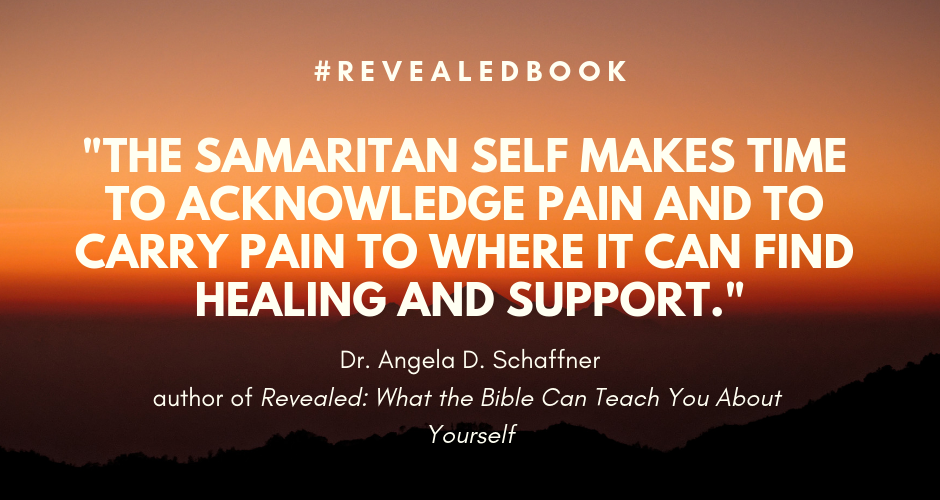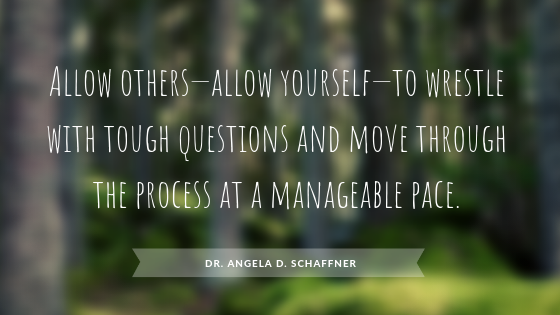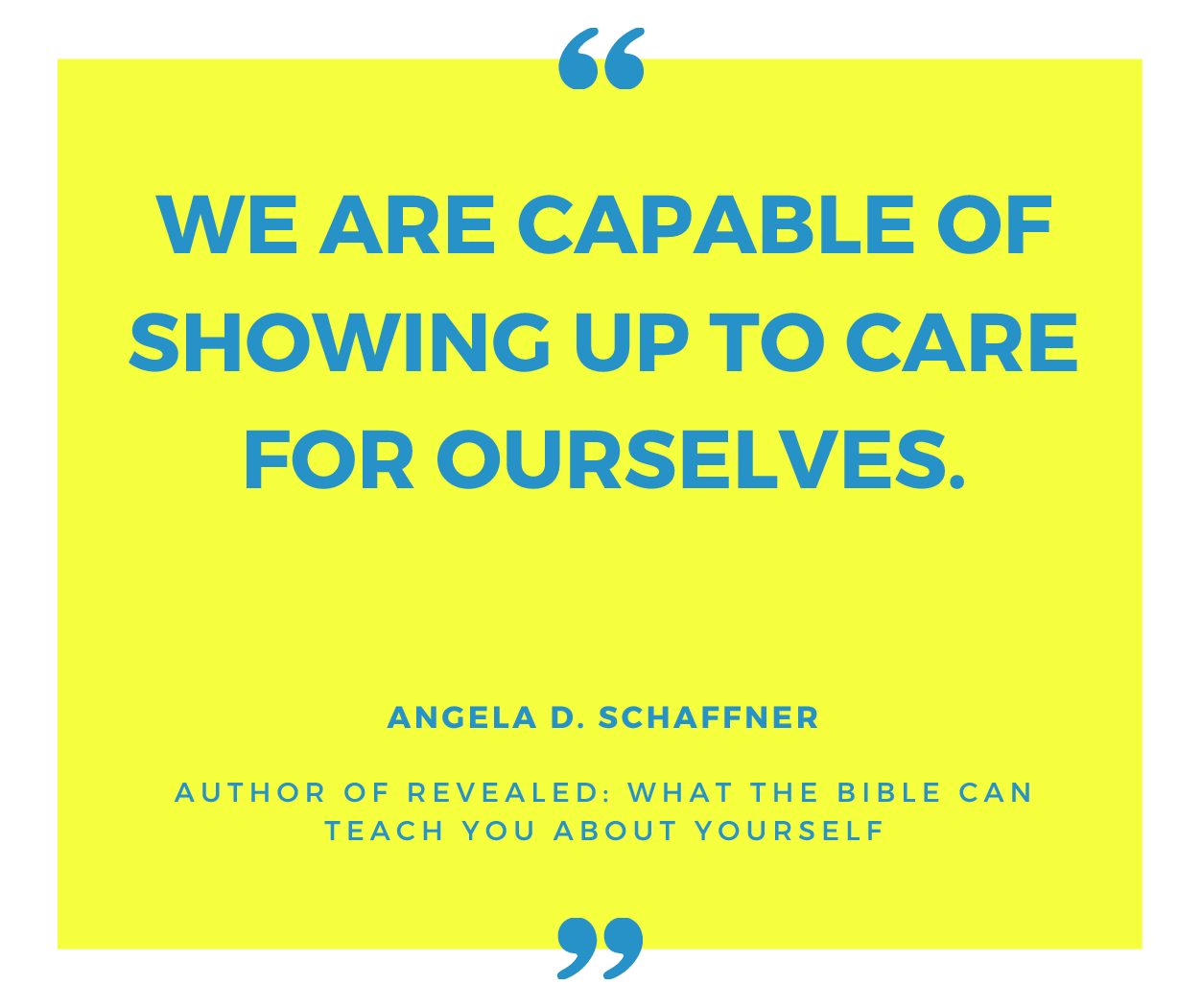When you’re not in therapy, or have never been in therapy, you can keep a pleasant distance from your uniquely jumbled up mess of emotions and thoughts and beliefs that are stirring internally. You may recognize that there are problems in your life, but you keep flowing through life in a sort of balance you’ve discovered that while not entirely healthy, keeps you afloat.
Maybe something happens, or you begin to feel less afloat, so you enter therapy again, or for the first time. When you go to therapy, you may feel worse initially, because your usual pleasant distancing does not work as well. You emotions are stirred up and available, and they start to intrude into your normal ways of doing things and thinking about things. You are definitely no longer afloat, and feel as though you may be drowning. You may feel you need skills and coping strategies, but like you don’t even know where to start in identifying them. You begin to wonder about everything, and consider new ways of thinking and behaving. And if you try to put any of them into effect, it takes an enormous amount of emotional energy to push past the inertia of non-change. Your therapist, at this point, should be providing emotional comfort and useful coping strategies to help you.
Even so, if you’re like most people, you’ll think you may want to quit therapy, or “take a break.” You may fantasize about that initial pre-therapy state which seems now to be preferable, before you took up all of this wondering and trying and feeling. But none of us can really take a break from emotional realities. If they don’t surface in therapy, they just surface in other ways. Instead of dealing with the mess of emotion that came up in therapy, you start avoiding people, shutting down, or engaging in your go-to numbing behaviors. So why stick with therapy? Will it be worth it in the end?
You won’t know unless you stick it out and believe it will be worth it. I have lived and witnessed that it will, and I encourage you in love to keep at it.



